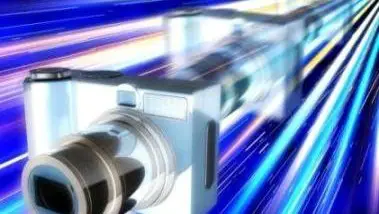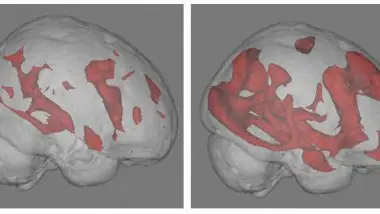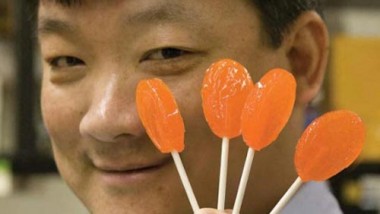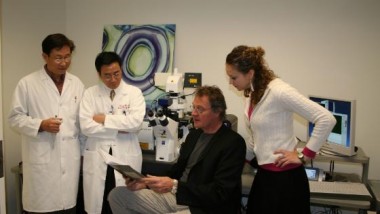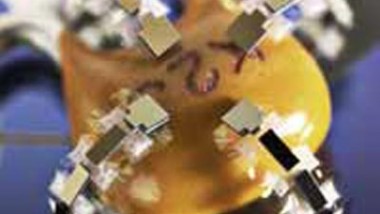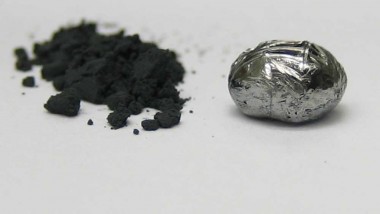Researchers from the Henry Samueli School of Engineering and Applied Science at UCLA have developed a continuously operating camera that can capture images at rates of approximately 6 million frames per second. Unparalleled to existing conventional video cameras, this new ...
Surfing the Web is Good for Your Brain
Scientists at the University of California Los Angeles (UCLA) have revealed that older adults are able to increase the efficiency of their brain by performing searches on the Internet. The survey performed shows that computer-savvy middle-aged and older adults were ...
Cavity-Fighting Herbal Lollipop
UCLA microbiologist Wenyuan Shi collaborated with the research company C3 Jian to develop a therapeutic orange-flavored lollipop that is actually good for your teeth. Herbal treatments have been used in China for more than 3,000 years. Professor Shi studied and ...
When Softness isn’t a Virtue
A team of researchers from the University of California in Los Angeles (UCLA) has developed a method to distinguish between metastatic cancer cells and normal cells. The method utilizes an atomic force microscope (AFM) to measure the softness of a ...
Microscopic ‘Hands’
Professor Chang-Jin Kim of the UCLA Henry Samueli School of Engineering and Applied Science has recently invented a microscopic “hand”. Thanks to its tiny 1-millimeter size, the microhand is capable of handling microscopic objects, making it a potentially invaluable tool ...
New Super-Hard Material Developed
Scientists from the University of California, Los Angeles (UCLA) have developed a novel material which is hard enough to scratch a diamond yet fairly cheap and simple to manufacture. The rhenium diboride compound developed by the UCLA scientists may have ...

